Description
Graph learning has emerged as a prominent area of interest in both academic and industrial circles, aiming to model complex graph-structured data. While existing methods primarily concentrate on leveraging node features and topological structures, there is untapped potential in enhancing graph learning through auxiliary knowledge. This auxiliary knowledge refers to valuable information that can be obtained, extracted, or learned from resources beyond the provided node features and structures. Exploring the realm of knowledge-enhanced graph learning (KEGL) is crucial for improving learning capabilities. In this tutorial, our focus is on showcasing state-of-the-art techniques in KEGL. We delve into the diverse sources of knowledge that can benefit graph learning, including data perception, knowledgeable models, human expertise and domains, and external sources. Additionally, we provide insights into real-world applications and engage in discussions about future research directions.
Content [slides]
- Introduction and Background
- Part I: Graph Learning Enhanced by Knowledge from Data
- Part II: Graph Learning Enhanced by Knowledgeable Models
- Part III: Graph Learning Enhanced by Human and Domain Knowledge
- Part IV: Graph Learning Enhanced by Knowledge from External Sources
- Part V: Real-world Applications
- Summary and Future Directions
Presenters
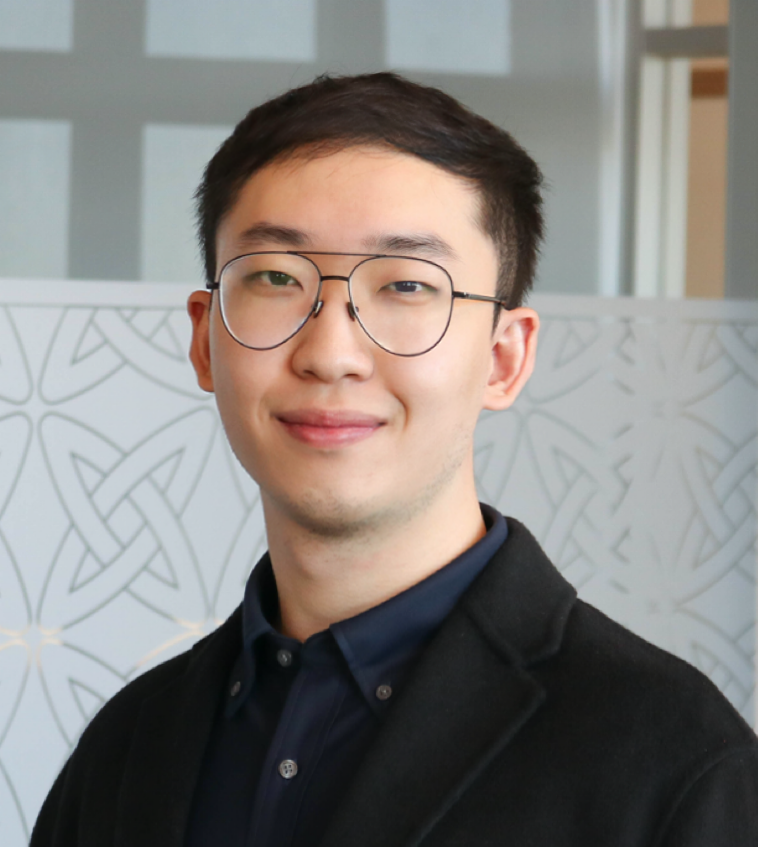
Yijun Tian
yijuntian.comYijun Tian is a Ph.D. candidate in Computer Science and Engineering at the University of Notre Dame. His research interests lie in machine learning, data science, and graph learning. His research aims to empower machines with knowledge by developing fundamental algorithms to positively influence real-world applications, sciences, and health. He has served as PC at NeurIPS, ICLR, AAAI, IJCAI, KDD, etc. His work has been recognized with multiple awards and honors from top-tier conferences such as ICLR and AAAI.
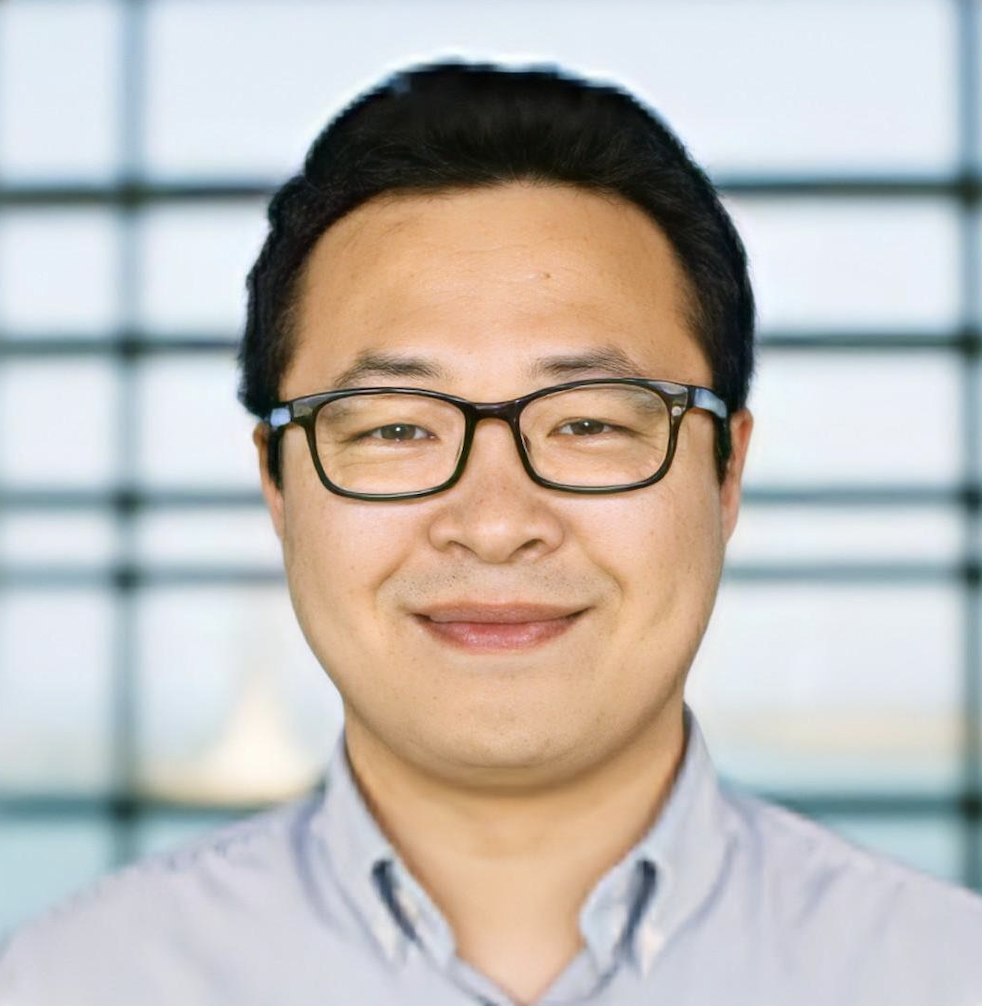
Shichao Pei
scpei.github.ioShichao Pei is an Assistant Professor in the Department of Computer Science at the University of Massachusetts Boston. He was a Postdoctoral Research Associate at the University of Notre Dame. He received his Ph.D. degree in Computer Science from King Abdullah University of Science and Technology in 2021. His research interests span the areas of artificial intelligence, machine learning, and data mining, in particular graph representation learning, knowledge representation learning, data-efficient machine learning, and recommendation systems. He has served as PC and SPC at NeurIPS, ICML, ICLR, KDD, AAAI, IJCAI, etc.
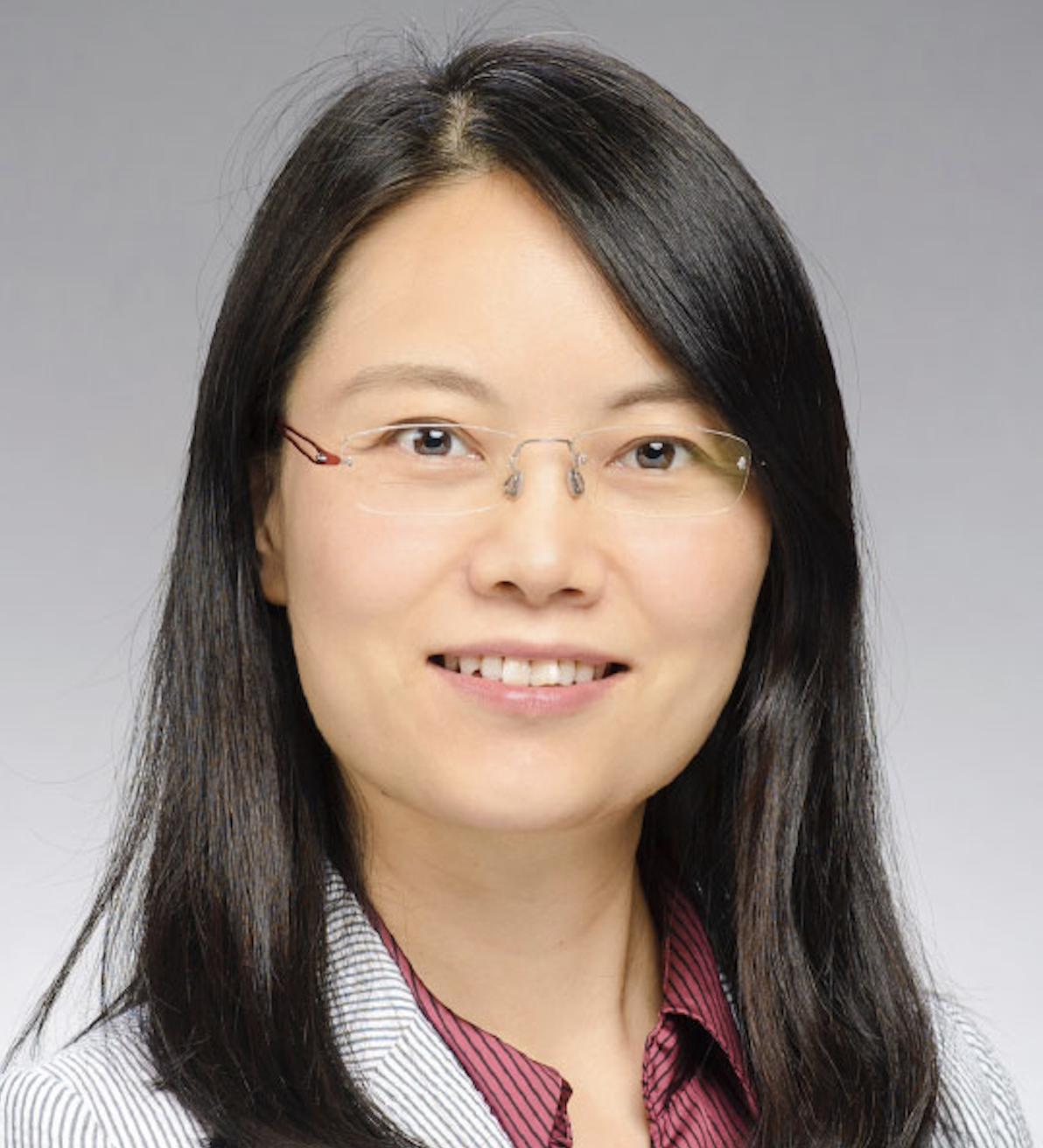
Xiangliang Zhang
sites.nd.edu/xiangliang-zhangXiangliang Zhang is an Associate Professor in the Department of Computer Science and Engineering, University of Notre Dame. She was an Associate Professor in Computer Science at the King Abdullah University of Science and Technology (KAUST), Saudi Arabia. She received her Ph.D. degree in computer science from INRIA-Universite Paris Sud, France, in 2010. Her main research interests and experiences are in machine learning and data mining. She has published more than 200 refereed papers in leading international conferences and journals. She serves as associate editor of IEEE Transactions on Dependable and Secure Computing, Information Sciences and International Journal of Intelligent Systems, and regularly serves as area chair or on the (senior) program committee of IJCAI, SIGKDD, NeurIPS, AAAI, ICML, and WSDM.
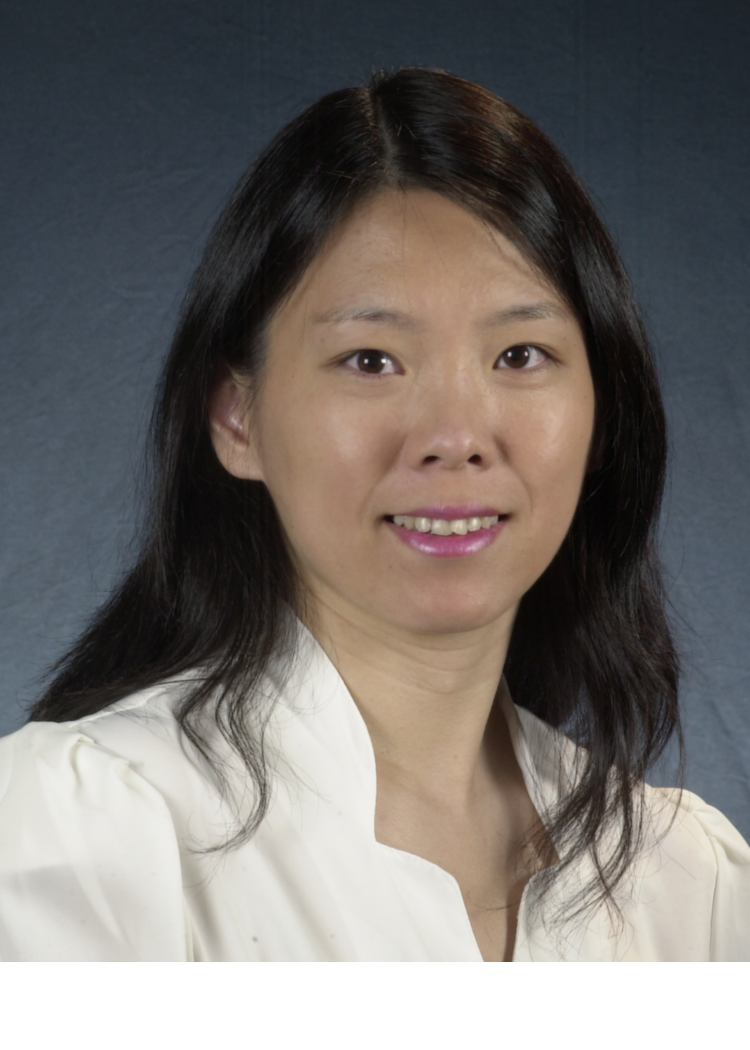
Wei Wang
web.cs.ucla.edu/~weiwangWei Wang is the Leonard Kleinrock Chair Professor in Computer Science and Computational Medicine at University of California, Los Angeles and the director of the Scalable Analytics Institute (ScAi). She was a professor in Computer Science at the University of North Carolina at Chapel Hill from 2002 to 2012, and was a research staff member at the IBM T. J. Watson Research Center between 1999 and 2002. Her research interests include big data analytics, data mining, machine learning, natural language processing, bioinformatics and computational biology, and computational medicine. She has filed seven patents, and has published one monograph and 300+ research papers in international journals and major peer-reviewed conference proceedings, including multiple best paper awards. She chairs the Executive Committee of ACM SIGKDD. She is a Fellow of both ACM and IEEE.

Hanghang Tong
tonghanghang.orgHanghang Tong is an associate professor of Computer Science at the University of Illinois at Urbana-Champaign. Before that, he worked at Arizona State University as an associate professor, at City University of New York (City College) as an assistant professor and at IBM T. J. Watson Research Center as a Research Staff Member. He received his Ph.D. from the Machine Learning Department of School of Computer Science at Carnegie Mellon University in 2009. His major research interest lies in large-scale data mining for graphs and multimedia. In the past, He has published 300+ papers in these areas and his research has received several awards, including ICDM Tao Li award (2019), SDM/IBM Early Career Data Mining Research award (2018), NSF CAREER award (2017), ICDM 10-Year Highest Impact Paper award (2015 & 2022), and several best paper awards (e.g., ICDM’06, SDM’08, CIKM’12). He is a fellow of IEEE (2022) and a distinguished member of ACM (2020).
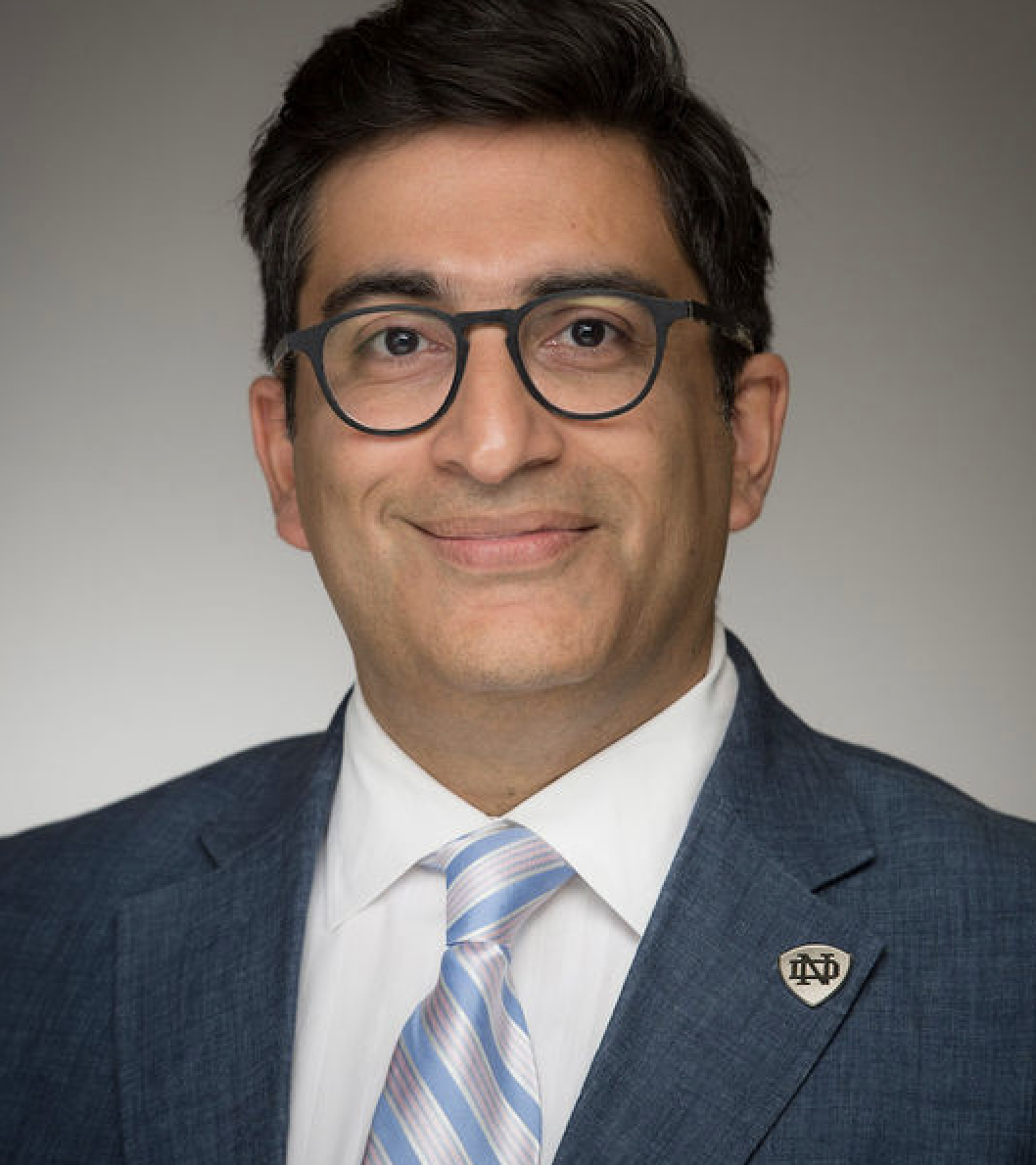
Nitesh V. Chawla
niteshchawla.nd.eduNitesh V. Chawla is the Frank M. Freimann Professor of Computer Science and Engineering at the University of Notre Dame. He is the Founding Director of the Lucy Family Institute for Data and Society. He is an expert in artificial intelligence, data science, and network science, and is motivated by the question of how technology can advance the common good through interdisciplinary research. As such, his research is not only at the frontier of fundamental methods and algorithms but is also making interdisciplinary and translational advances for societal impact. He is the recipient of 2015 IEEE CIS Outstanding Early Career Award; the IBM Watson Faculty Award; the IBM Big Data and Analytics Faculty Award; and the 1st Source Bank Technology Commercialization Award. He was recognized with the Rodney F. Ganey Award and Michiana 40 under 40 honor. He is a Fellow of AAAI, ACM and IEEE.

